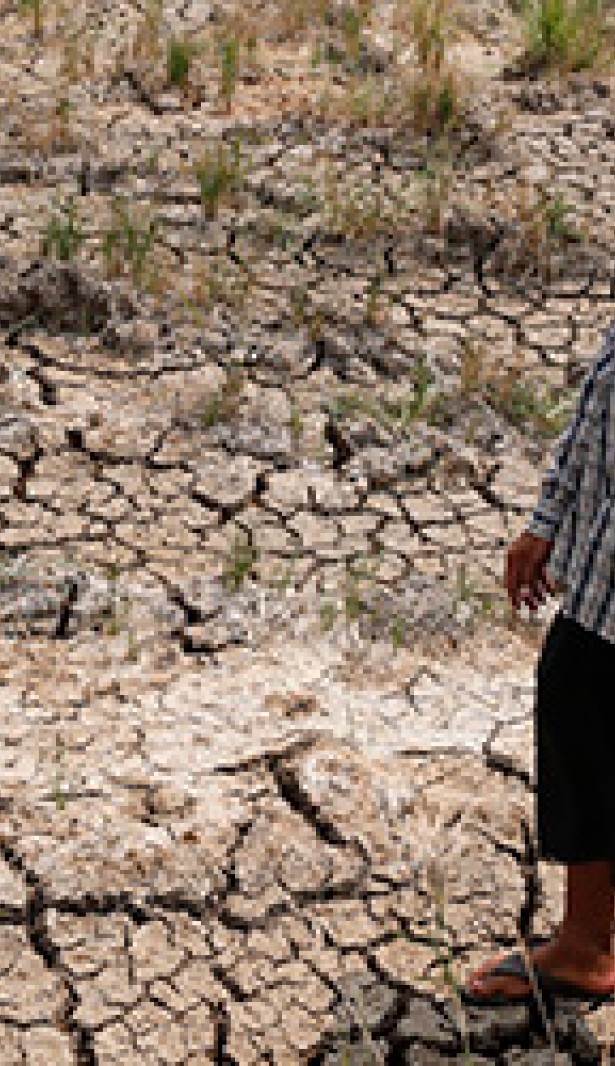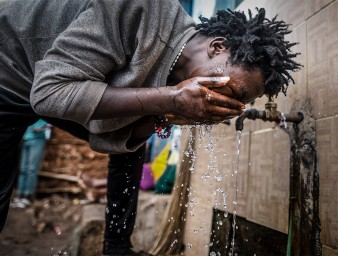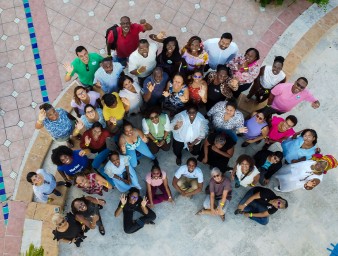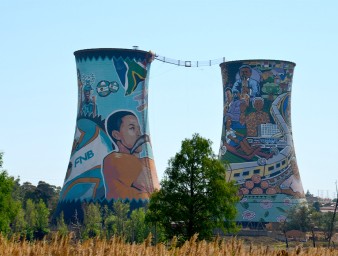Paying the price for climate change in human health
14 March 2016
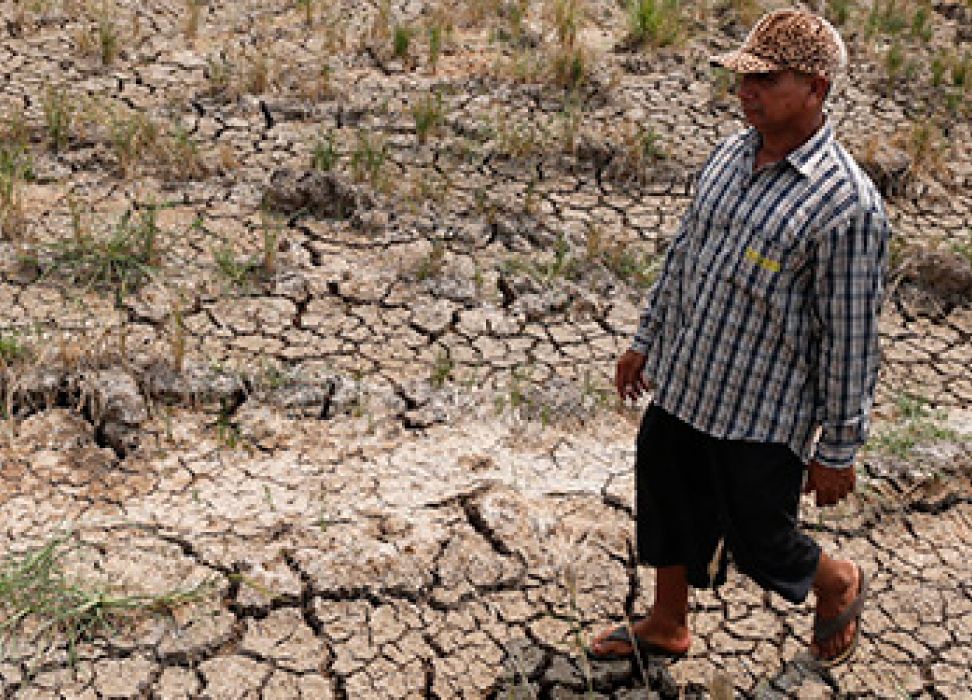
Scientists reported that 2015 was the hottest year in history. Every region of the world has experienced the impact of our warming planet.
Increasing frequency and severity of deadly typhoons in the Pacific, flooding in Chennai, India, the total desiccation of Lake Poopó, the second largest lake in Bolivia, glacier recession and melting permafrost in the Arctic, massive forest fires in Indonesia, these are all symptoms of a warming planet that carry with them devastating human impacts.
In December 2015, the world came together to adopt the Paris Agreement as a way to limit climate change and promote adaptation to its impacts. The new climate Agreement calls for States to respect promote and consider human rights in their respective climate actions.
At a recent Human Rights Council event on the impacts of climate and health, Margaret Chan, Director-General of the World Health Organization, said the Paris Agreement was not only an environmental treaty but a health treaty with a lot at stake.
By 2050, experts predict that climate change would cause an additional 250,000 deaths each year, just from malaria, diarrhoea, heat stroke and malnutrition, according to Chan. Climate change caused tens of thousands of deaths from other causes, while more than seven million deaths worldwide could be blamed on air pollution.
“A human rights approach provides an entry point for holding countries accountable for their international obligations on climate change,” Chan said. “This approach also provides the ethical reference point which underscores why we need to take action on climate change.”
UN Deputy High Commissioner for Human Rights Kate Gilmore said that entire populations and ways of living could simply disappear.
“A world of unchecked climate change is a world where forests burn and islands disappear beneath rising tides, where glaciers and tundra melt away and coral reefs are bleached white as the bones of the long diseased,” Gilmore said.
“This means it is also a world where hundreds of thousands die prematurely, where millions go hungry or are driven from their homes, where conflict proliferates and desperation breeds. It is a graveyard for entire ecosystems, entire peoples and entire ways of living,” she added.
While she painted a grim picture, Gilmore noted that this future can be averted as long as both the public and private communities recognize that climate change results from conscious choices and assume their responsibility to address and remedy the consequences of their past decisions and work toward a better future.
This is critical because as Dainius Pūras, the UN Special Rapporteur on the Right to Health, explained trauma from climate and natural disaster related displacement, especially on children, has a severe impact on quality of life both in the immediate and long-term.
“People who experience loss of homes or loved ones, or are exposed to life threatening situations are at higher risk of developing stress and anxiety related conditions, including post-traumatic stress disorder, or depression,” he said.
States must ensure that health services, goods and facilities are available, accessible and adequate during climate related emergencies, said Pūras. States also have a legal and moral obligation to stop risks associated with climate change and its negative impact to human rights, especially on the right to life and right to health.
The truth is time may be running out. According to a recent World Bank report, a 2°C increase in average global temperature would put between 100 million and 400 million more people at risk of hunger, and may result in 1 to 2 billion people not having enough water to survive.
“Human health is not the price to pay,” Pūras said. “Human health and dignity, the right to health, is the reason to act.”
The event also included Cristina Tirado, Adjunct Associate Professor at the University of California, Los Angeles; Hindou Oumarou Ibrahim, Coordinator for the Association of Indigenous Women and Peoples of Chad, and Lilibeth David, Undersecretary at the Department of Health of Philippines.
14 March 2016
